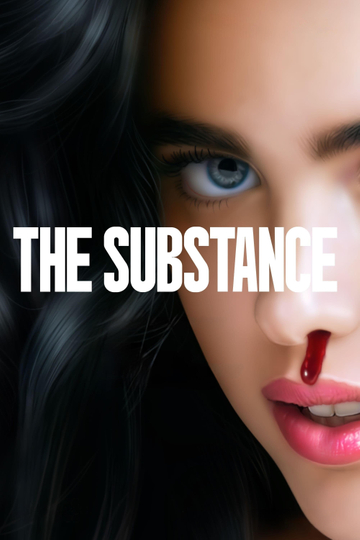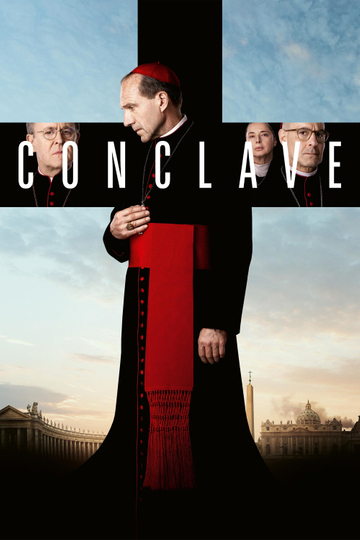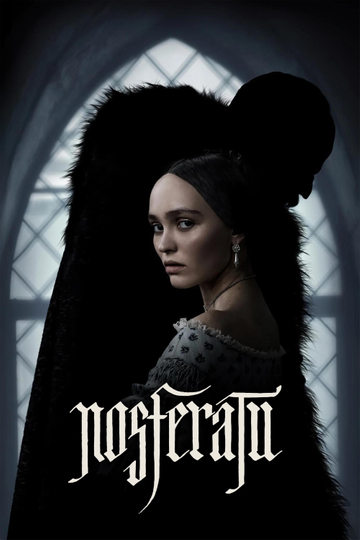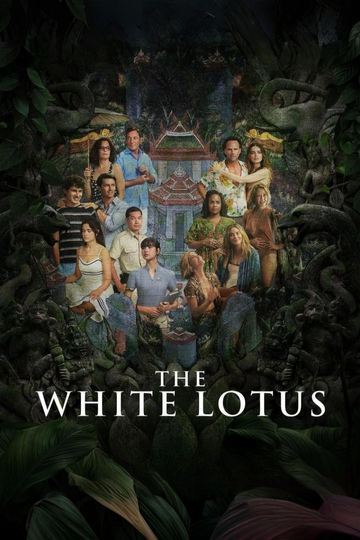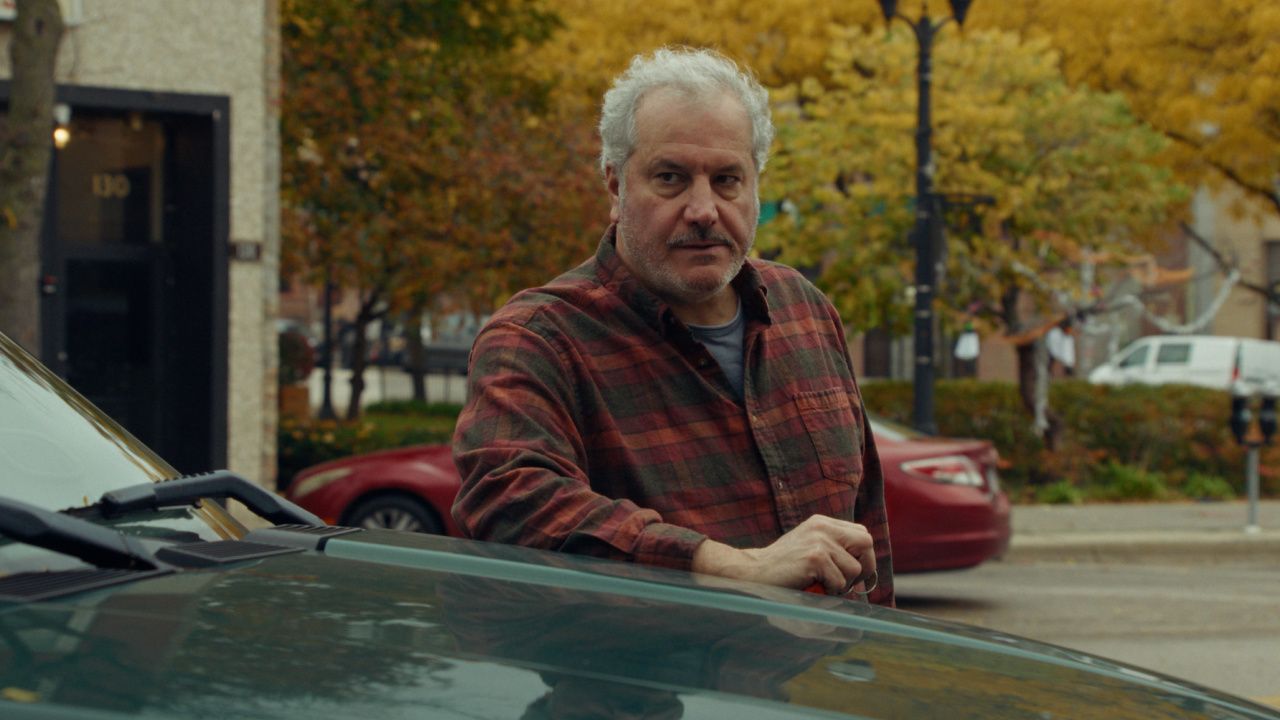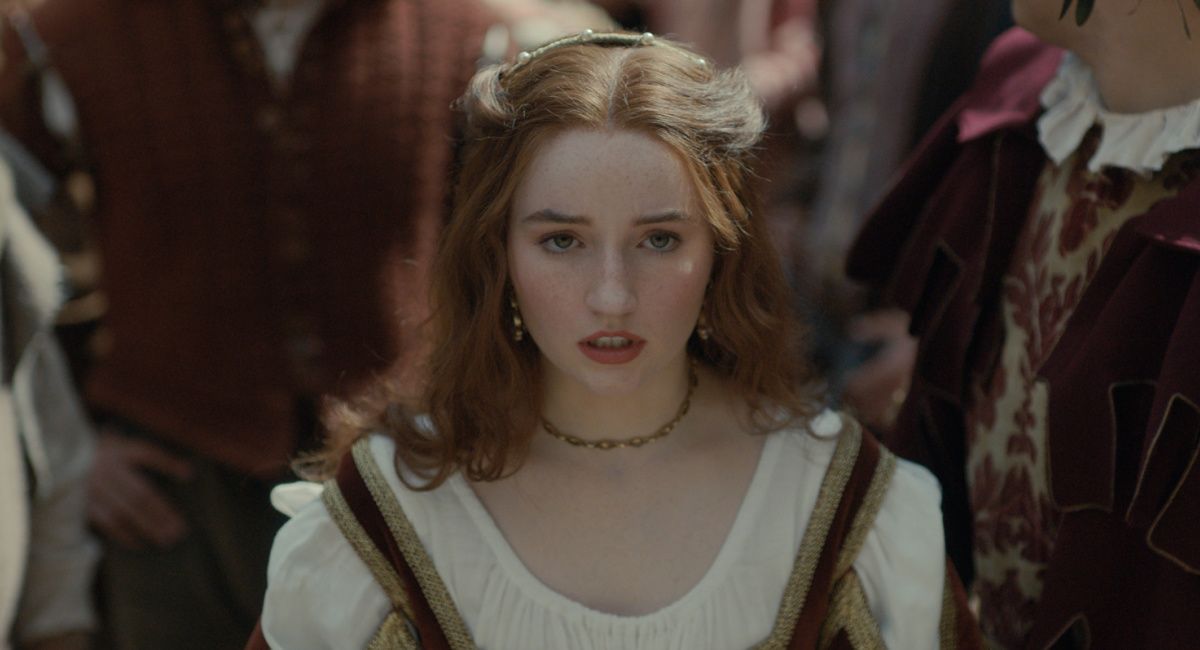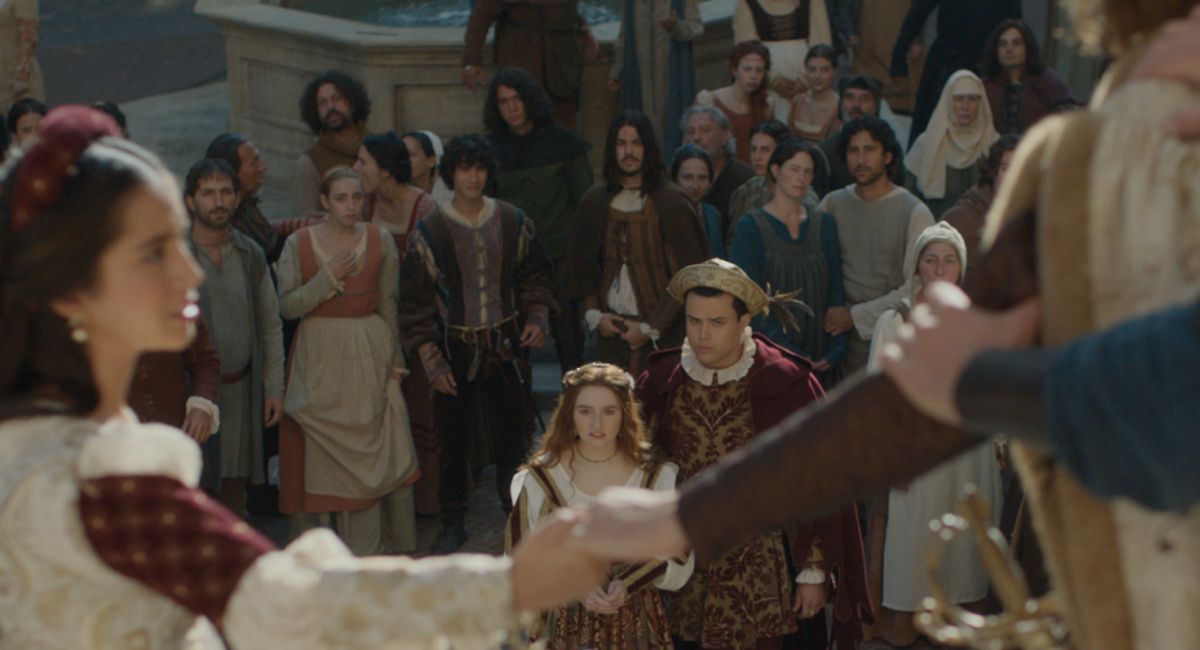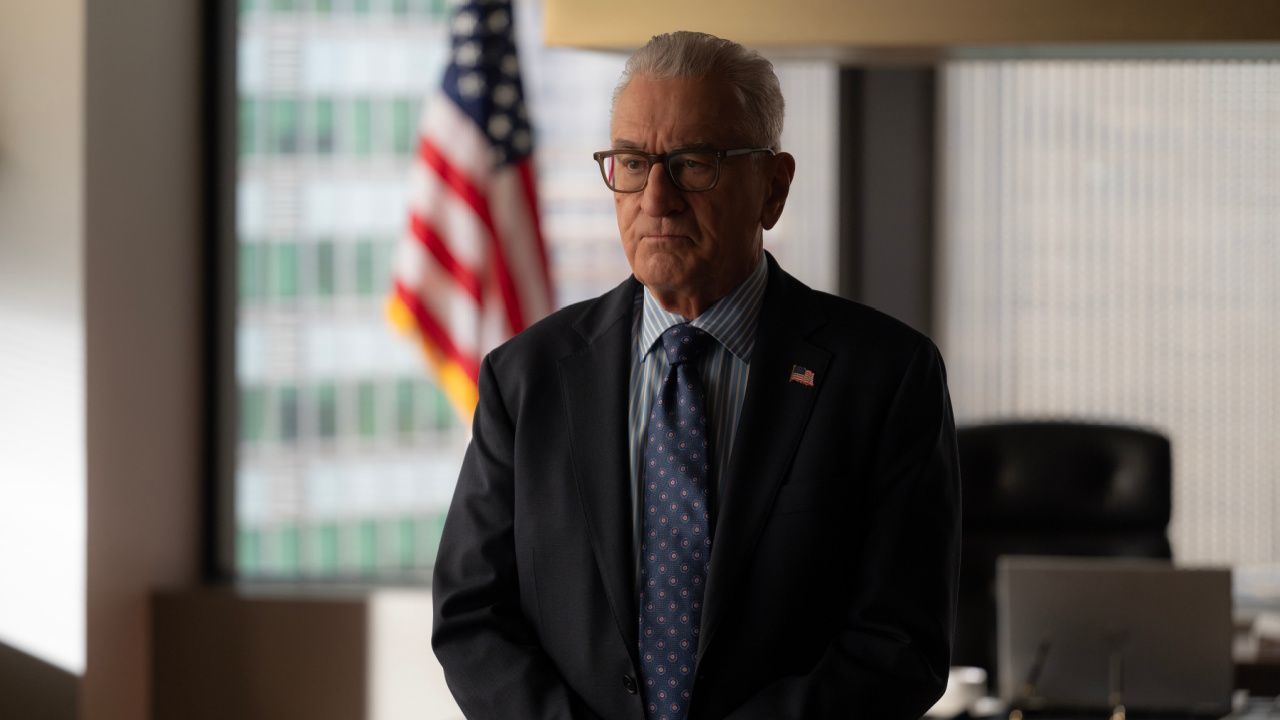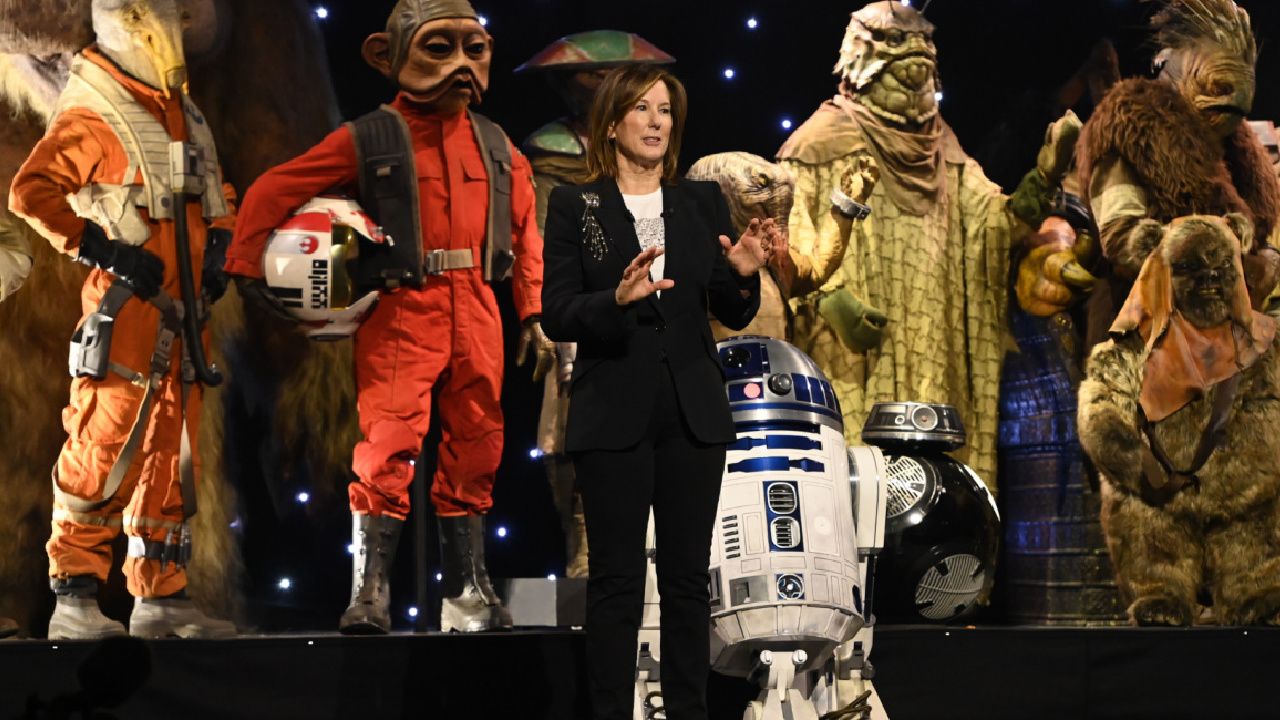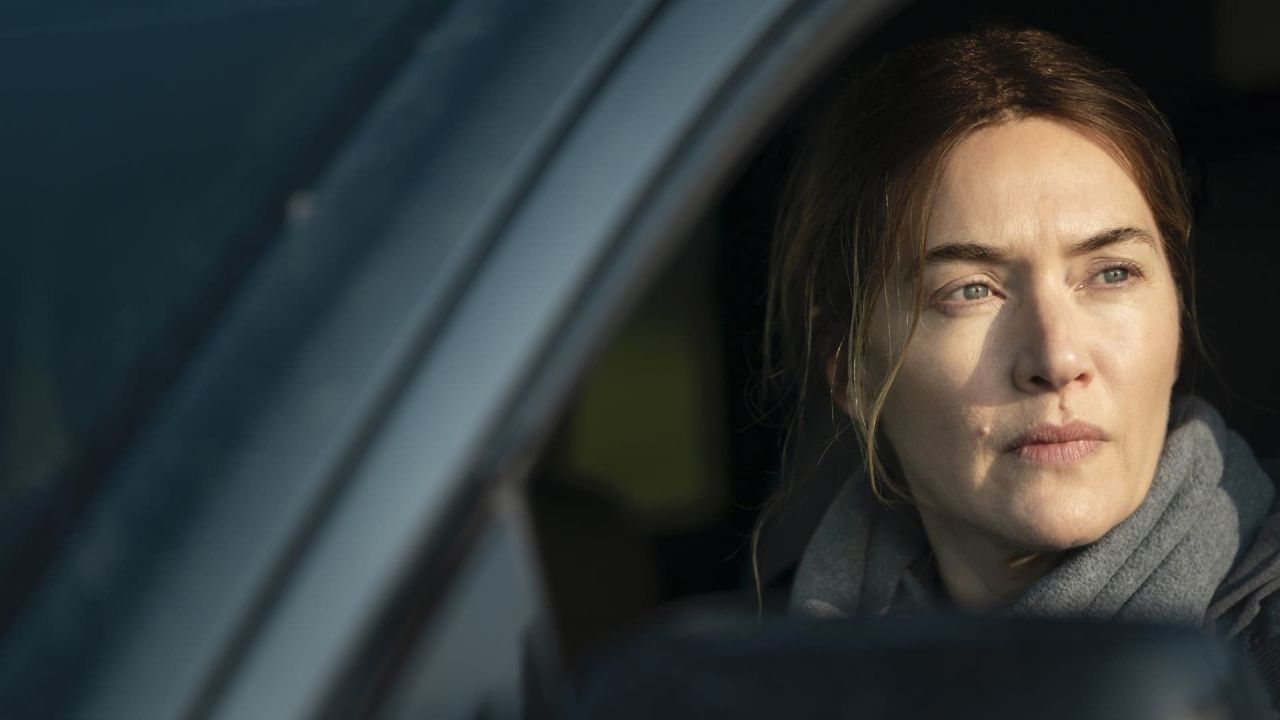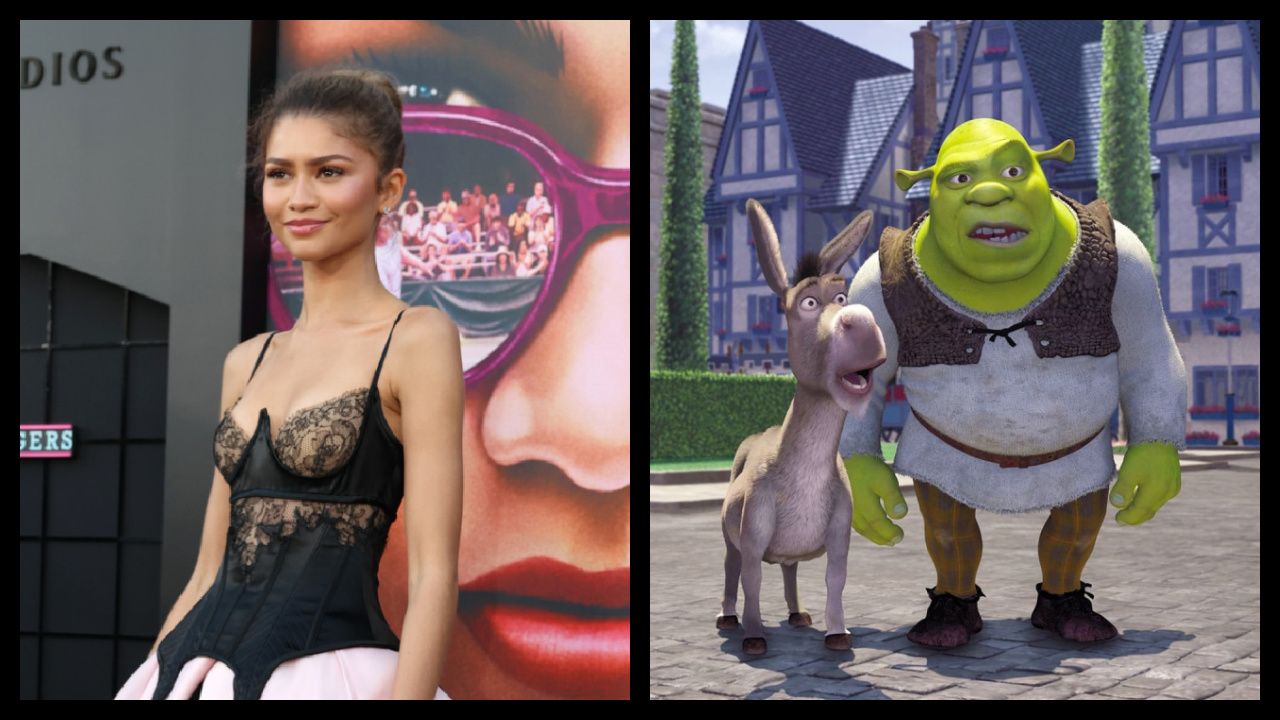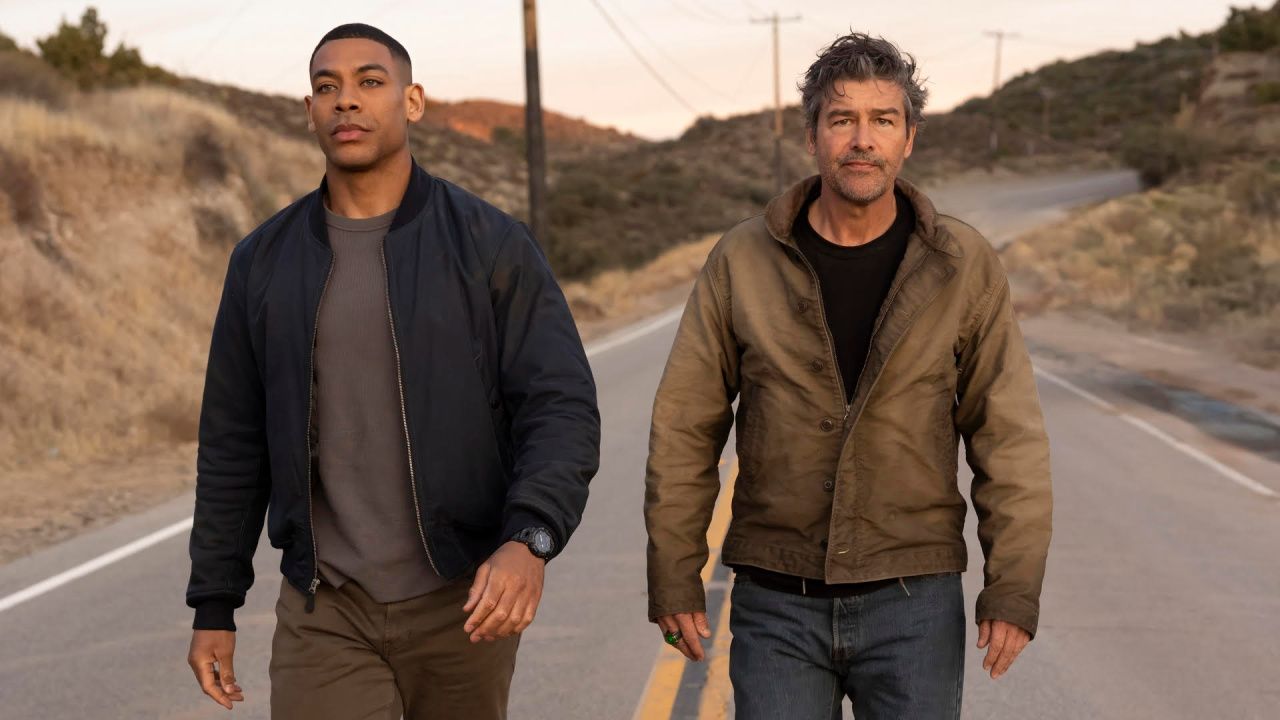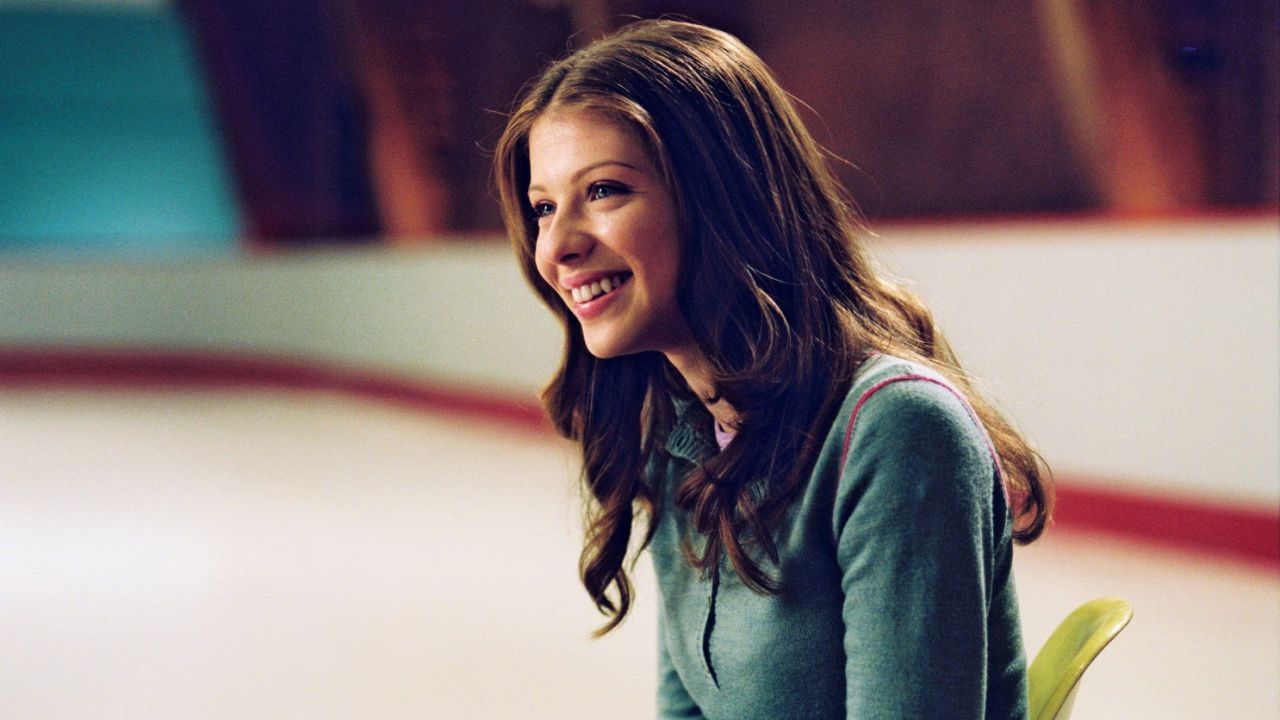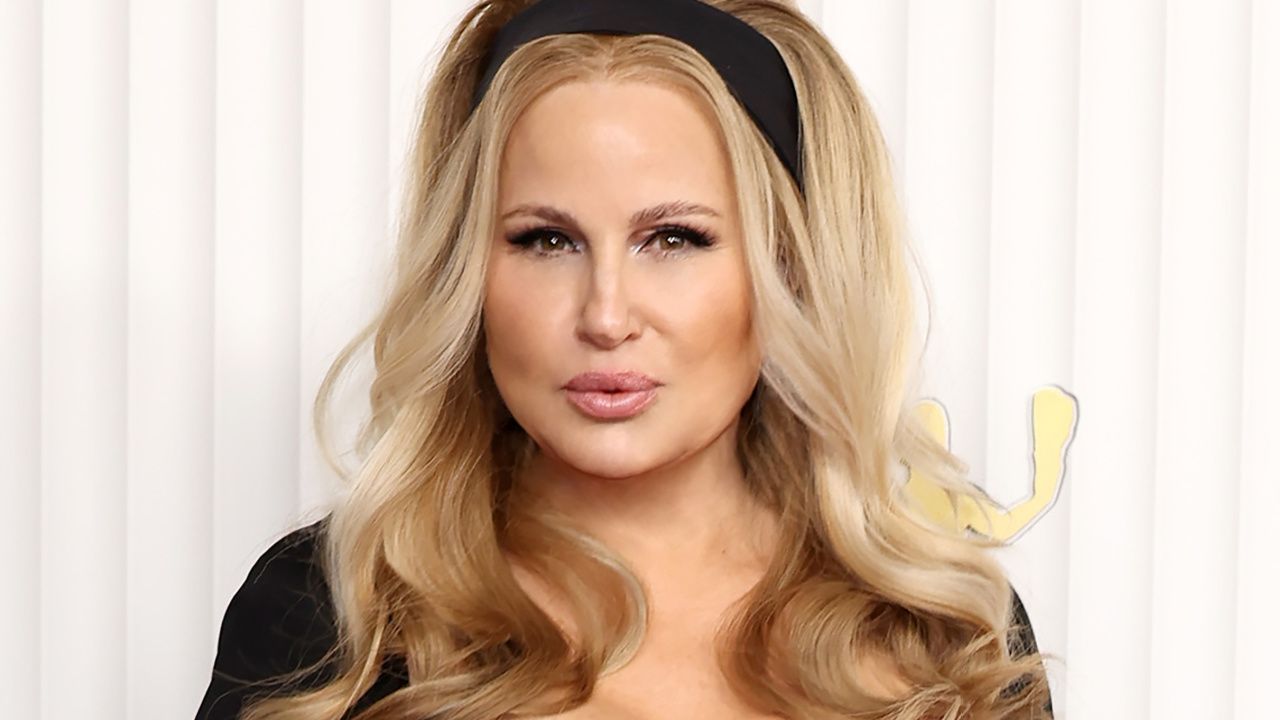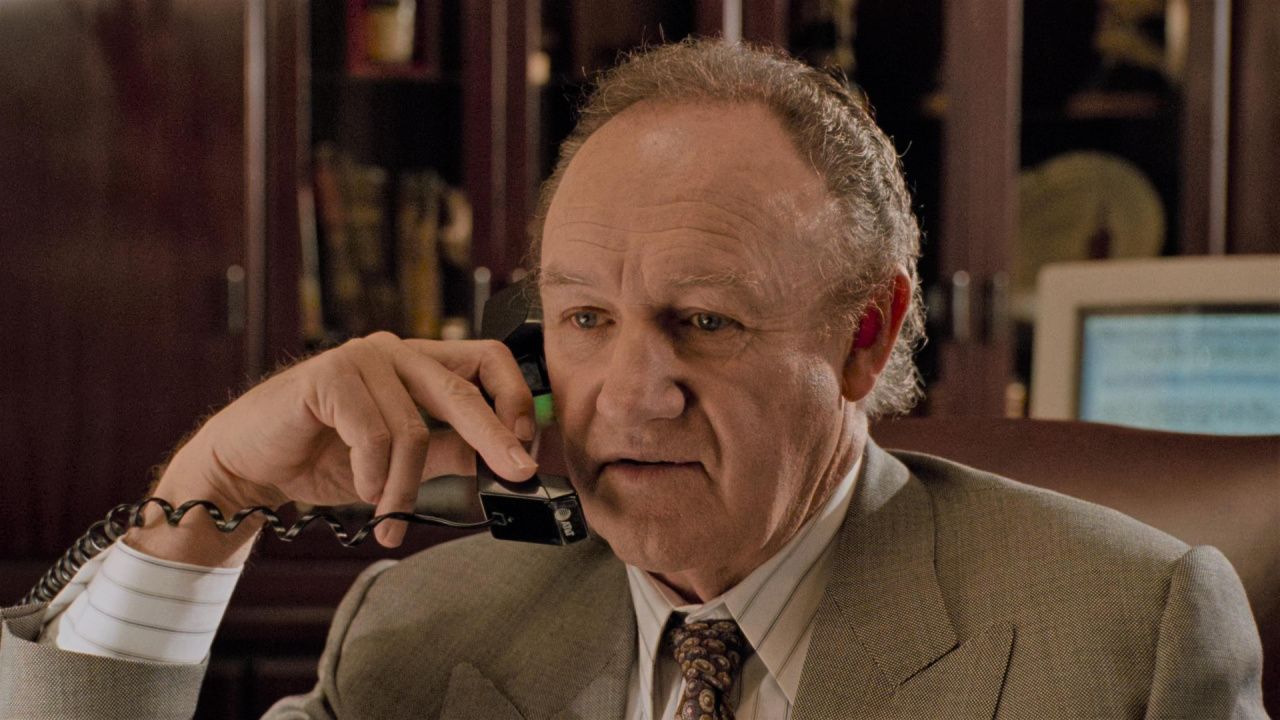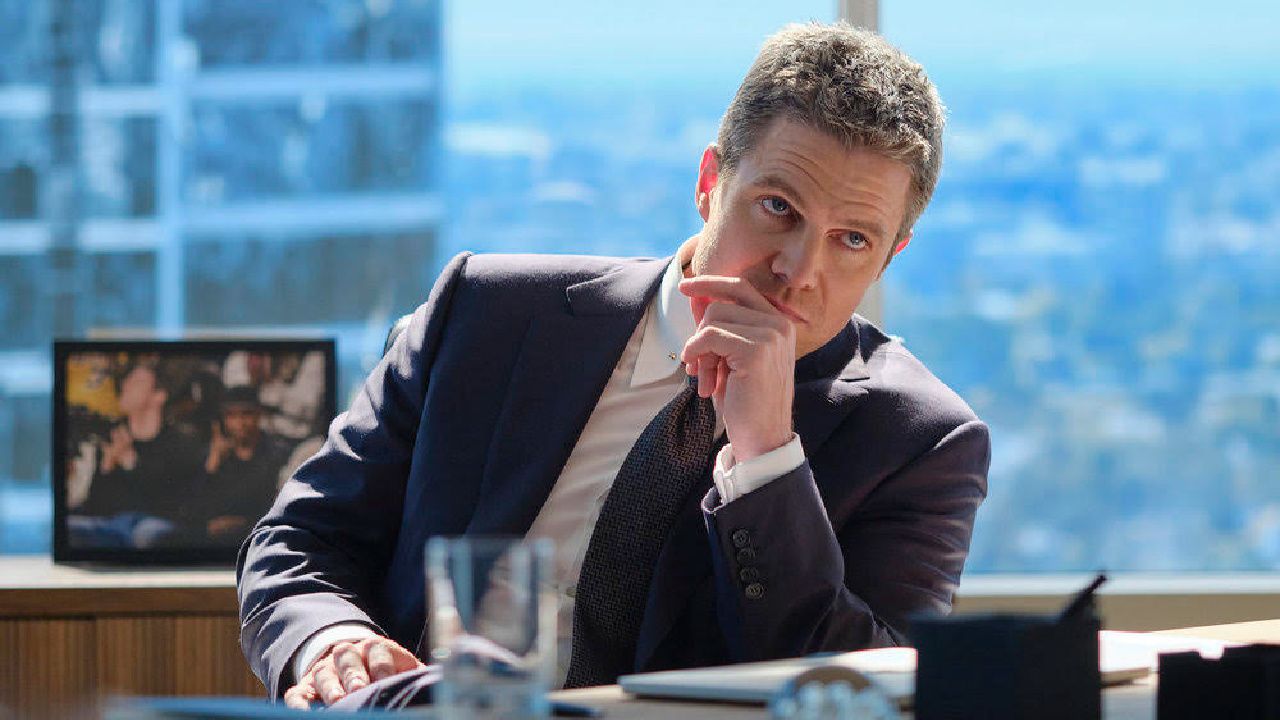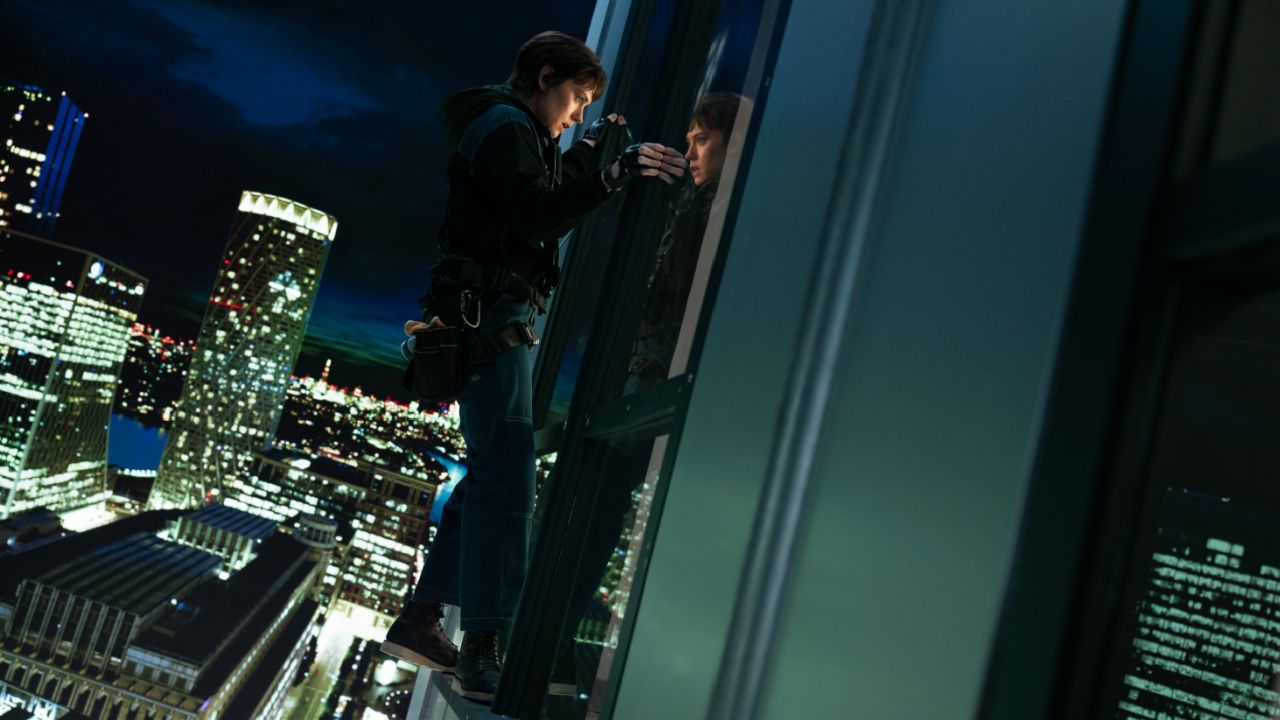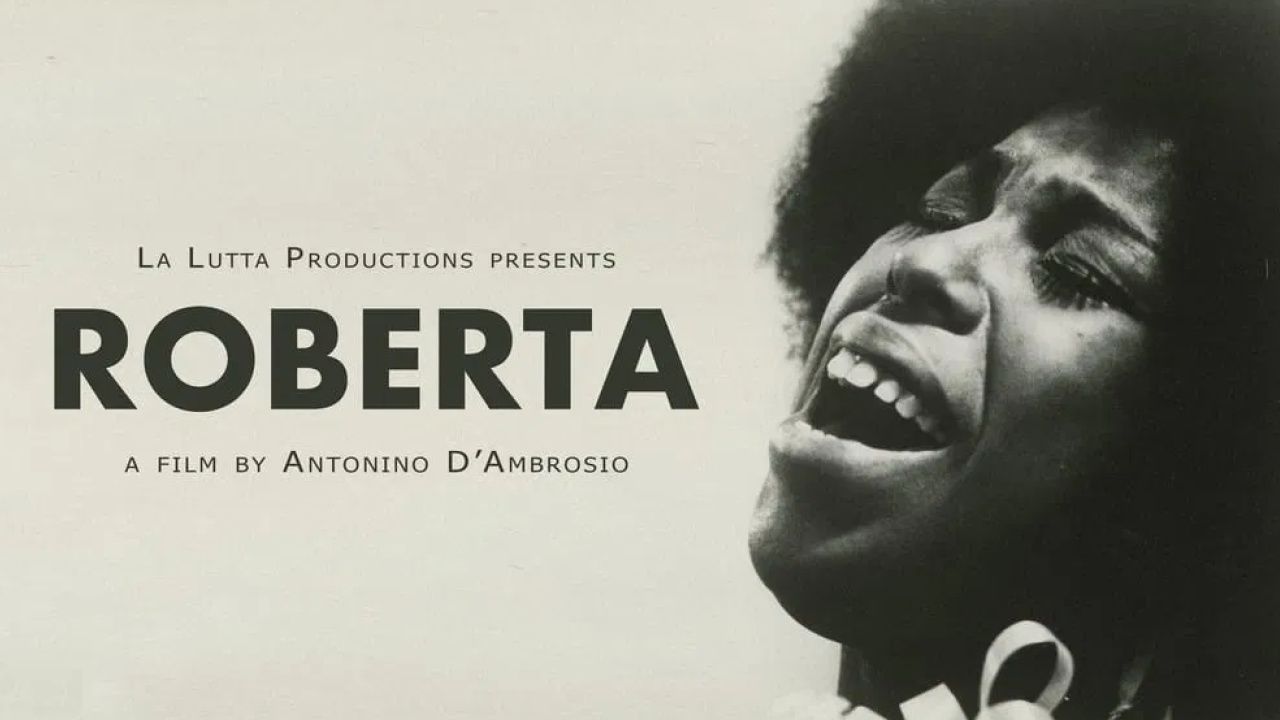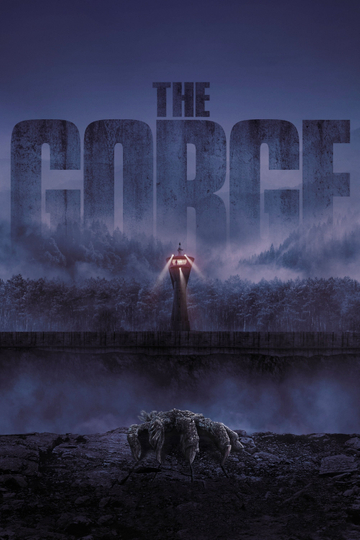Actor Harold Perrineau Talks Epix's Science Fiction Series ‘From’
'The Matrix Reloaded' and ‘Lost’ actor discusses his new mysterious series, which just wrapped its first season.
Just finishing its first season on Epix, and already renewed for a second season is the new mystery science-fiction series ‘From,’ which was created by John Griffin and executive produced by ‘Lost’ alumni Jack Bender and Jeff Pinker.
The series stars Harold Perrineau ('Lost') as Boyd Stevens, the sheriff and de facto mayor of a nightmarish town in middle America that traps everyone who enters, while unwilling residents strive to stay alive and search for a way out. However, they are plagued at night by terrifying nocturnal creatures from the surrounding forest.
In addition to Perrineau, the cast also includes Catalina Sandino Moreno, Eion Baily, David Alpay, Shaun Majumder, Scott McCord, and Ricky He.
Harold Perrineau began his acting career in the late 80’s and gained attention in the 90’s for his work on HBO’s groundbreaking series ‘Oz,’ and Baz Luhrmann’s ‘Romeo + Juliet.’
He would go on to appear in such popular movies as ‘The Best Man,’ ‘The Matrix Reloaded,’ ‘The Matrix Revolutions,’ ’28 Weeks Later,’ ‘Zero Dark Thirty,’ ‘Snitch,’ ‘The Best Man Holiday,’ and ‘Sabotage,’ as well as successful TV series like ‘Sons of Anarchy,’ ‘Constantine,’ ‘Goliath,’ Criminal Minds,’ and ‘The Rookie.’ But he is probably best known to fans as Michael Dawson on ABC’s seminal series ‘Lost.’
Moviefone recently had the pleasure of speaking to Harold Perrineau about his work on the first season of ‘From,’ as well as what fans can expect from its recently announced second season.
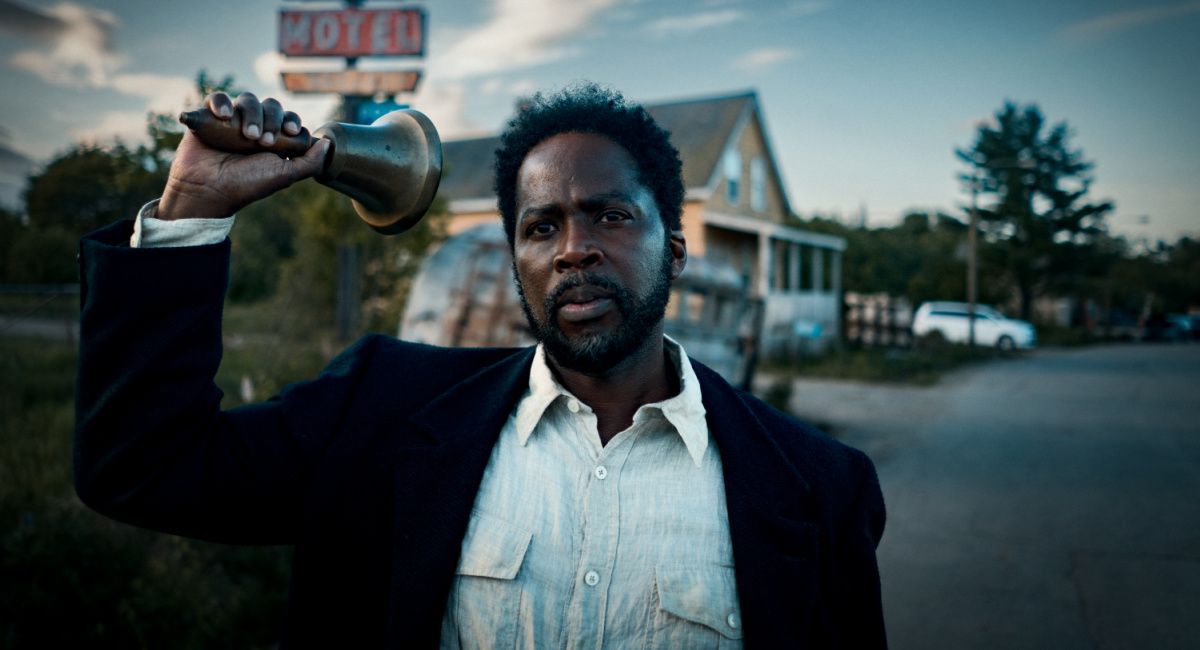
Harold Perrineau on Epix's 'From.'
You can read our full interview with Harold Perrineau below or watch it by clicking on the video player above.
Moviefone: To begin with, how did you get involved with this series and what was your initial reaction to the pilot’s screenplay?
Harold Perrineau: So, the casting director in the United States is a good friend of mine, Seth Yanklewitz. He's a great casting director and a great friend of our family's. Our kids are growing up together and stuff like that. So, he was casting this thing, and as he read it, I think because he knows me personally, he thought, this is Harold. I don't know that they had me in mind for the character, but he did because he's a really interesting thinker. So, he said to me, "Hey, I think I want to put your name forward with this thing. You know the director and showrunner because they're from ‘Lost,’ but they may not respond positively to it. I'm sure they want to have a separation from ‘Lost,’ but I think that this is a great project for you."
I was like, "Okay, well, let me read it, but I trust whatever you say." So, I read it and I was like, "Oh yeah. This is great. Please talk to them." He talked to them and they said, "No, thanks." That was it. They said it, “We don't want to confuse it with ‘Lost.’ But he kept going back and to them, and then he put together a meeting and we all talked. I talked to Jack Bender and somehow as we talked, it all made perfect sense. It all made perfect sense for me to be there, and for them to be there. They were going to get the ‘Lost’ comparisons, it didn't really matter whether I was there or not so that wasn't going to be an issue. I'm really happy that they trusted me with this character because I think Seth was right. I think it's something that rings in my body really well.
MF: After your experience on ‘Lost,’ were you personally concerned about appearing on another mystery sci-fi series?
HP: I was totally concerned about it. I was concerned that everybody was going to see me playing a dad stranded in a town and they were just going to scream “Walt” until the cows came home. I was really worried about it, but this character was so different than Michael in ‘Lost’ and he had so much more direct purpose. Michael was, as we all were, swinging by thin vines trying to figure his way out. But Boyd really has. He doesn't know what's going on out there, but he really knows what he's trying to do within this little town, and the difficulties that he's having with his son were really profoundly sad.
So, I just thought the character was so different that even if at first people thought they were seeing Michael, they would soon realize that this is not at all the same thing. Even if you do feel some of the flavor of ‘Lost’, some of the music, some of the tension, the way those things go, this has the potential just to be its own thing. I was really excited about it and I was just like, let the comparisons begin, it's okay. I feel confident.
MF: In the first season, Boyd doesn’t know what’s really happening, but he understands his role in protecting the community right away. Can you talk about that and your approach to playing the character?
HP: Once when they told me that he had retired from the military, that already informed me a lot because many people who join the military are people who are of service. They want to serve our country first and put their whole bodies on the line, and anybody who makes that choice, in my head, they're a certain kind of person. He stayed in the military, that was his career and so for me, I felt like right away, this is a man of great character and great purpose and wants to be of service. So, that made sense to me right away. When we find out why he becomes a sheriff, all that makes perfect sense because he has the background, and its foundationally part of who he is.
He would jump right into that role and do all the things that he's supposed to do so that's why he knows where he is. He doesn't know what's happening out there, but he knows how to build a town, how to build an infrastructure, how to get the morale together so that we can all try to move as one unit and that made sense to me. For Boyd in particular, that military background really made sense. I don't have a military background, but because of his, I really researched a lot about military leaders and that made sense for me to transfer into this guy.
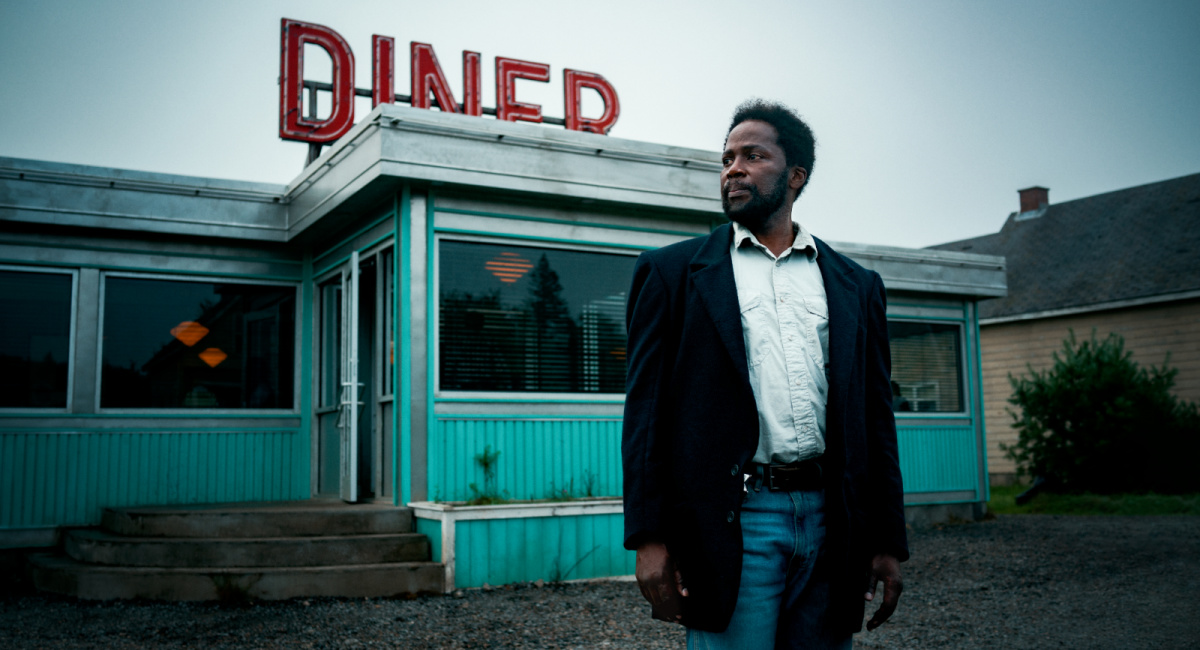
Harold Perrineau on Epix's 'From.'
MF: It is revealed later in the first season that Boyd is suffering from early Parkinson’s disease. Can you talk about your research into the disease and how you were able to layer that into your performance throughout the season?
HP: That was one of the things that they told me really early on. The couple of things that we talked about were my wife and what happened there, and that this ticking clock, which was the Parkinson's, that it was part of his family history and he sees it happening now. So, I did a lot of looking up where it comes from, how it affects your body, what those tremors are, where those tremors could be and how do you layer this in, in a way that it doesn't take over the performance, but it keeps reminding me this is something happening. So, it's as subtle as going to scratch your eyebrow and it reminds you, I got to figure this out quick.
So, for me, it was a thing that I just kept doing and you have to practice it a lot so that it doesn't look like you're faking it, or you're just shaking your head. You have to sort of practice the subtlety a lot. So, I would find myself walking around the city, trying to find ways of moving my body in different ways that maybe I didn't want to move them but that were happening. So, I was able to place it in a couple of places in the show that gave us just a little idea of it, but not playing too much into it.
MF: Can you talk about Boyd’s relationship with Ellis, the traumatic experience they had together arriving in the town, and working with actor Corteon Moore?
HP: Right, in this area, I kind of leaned into my own parenting skills because there are many ways you can go as a parent. You can go in this very traditional, like this is the way I said it, and that's the way I mean it. But I went into my own sort of parenting skills because the way that we're trying to parent our children was really different than the way I was parented, which is with a sense that this is a human being, and they don't have all the answers. But they do have some, and they certainly have feelings and those feelings need to be explored.
The more I can let them explore that the more that they can become who they are. So, when we find ourselves, Ellis and I, in this moment where he doesn't understand the choice I had to make, instead of me hunkering in and saying, “You better understand this,” I have to find a way to let him explore it and hope that I'll be able to find my way back to him. I think a lot of that lays into this idea that we have a town that's split between the town and the colony house, and we're all trying to survive it.
Boyd has enough wherewithal to be like, I have to let you all do that because otherwise you'll ruin what I'm doing here. That kind of compassion without being a dictator on any of those things, I think then also leads into the way that he can parent and let his son, Ellis, figure those things out. He’s just strongly and firmly convicted in what he had to do and what he has to do now.
MF: Can you talk a little more about the structure of the town and how Boyd sees his role in it?
HP: Look, I think a lot of it was informed fortunately and unfortunately in what was happening in our country. Everyone had these different ideas about how we were dealing with the pandemic or how we were dealing with these racial reckonings. Everybody having these really strong opinions, and you could fight them and then destroy the whole thing, or you could try to find a way to manage and let everybody have their voice. You have your voice and in the same way that jazz music all comes together, we can somehow make it all work together.
I think having that experience, I was able to transfer it really directly and really personally into ‘From’ because all the stuff at the colony house feels really reckless to me, and to Boyd, but doesn't feel really reckless to them. So, how do I not infringe on their rights, but not let their rights infringe on mine? So, all those things were really ripe already in all of our psyches and I just tried to transfer it over. It was kind of cathartic for me as we went through it but it's also really exciting because I think everybody can feel how it feels for them, and probably how it feels for me and it transfers really easily.
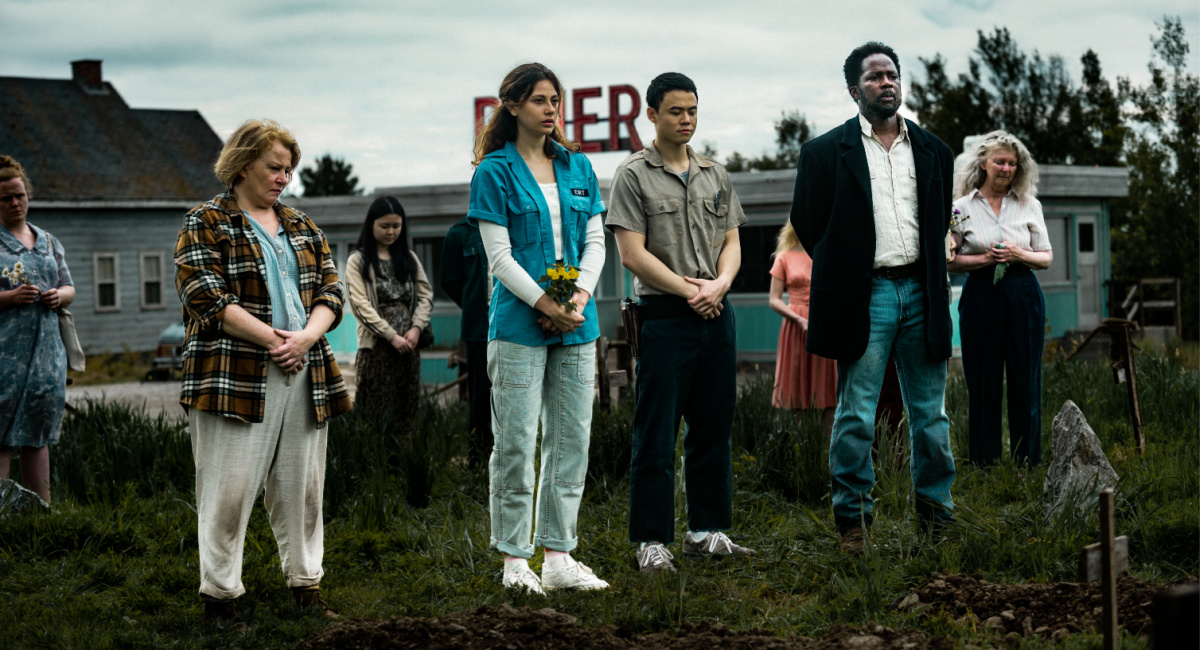
(L to R) Elizabeth Saunders, Chloe Van Landschoot, Ricky He, and Harold Perrineau on Epix's 'From.'
MF: Finally, looking ahead to season 2, how much do you know about the future of the series and how much do you want to know? Are there lessons you learned from ‘Lost’ about the value of a strong ending?
HP: That's a fair question my friend. I've told people before, ‘Lost’ really was really in the moment. You're watching an episode and then right at the end they give you a scene and you're like, "Oh my God. What happened to his wife?" It’s so much, and so this series isn't that stark. With this series we certainly had a lot of information about who Boyd was and how I could play him, but not where Boyd was going.
But because I had that little bit of information, it makes it feel really different than ‘Lost.’ So, when these guys say, "No, we really do have an ending,” I actually really believe them. I really have a bold trust in them, and not that ‘Lost’ didn't have an ending, it did, but there was a lot more to deal with. They had 22 episodes, lots of sprawling characters and they were really diving into a whole thing. We have a shorter amount of time to tell the story. We have just 10 episodes and maybe only a few years. I know that they really have a story to tell and that feels good for me as a participant and really good to say to people who are watching. So, just hang on with us, they really do have it.
In fact, I don't really know anything about this next season. I actually had a conversation with one of the writers just a day ago and there was nothing. He said, "So what do you want to know?" I was like, "Well, what's going on?" He said, "Well, you know, you're in a tree, right?" I said, “Yeah, I know that." He's like, "You know, we'll have to figure that out." I don't see 'From' going on endlessly. I don't know how long we will go on, but I don't see them thinking about it as going on endlessly, especially if they have an end in mind.
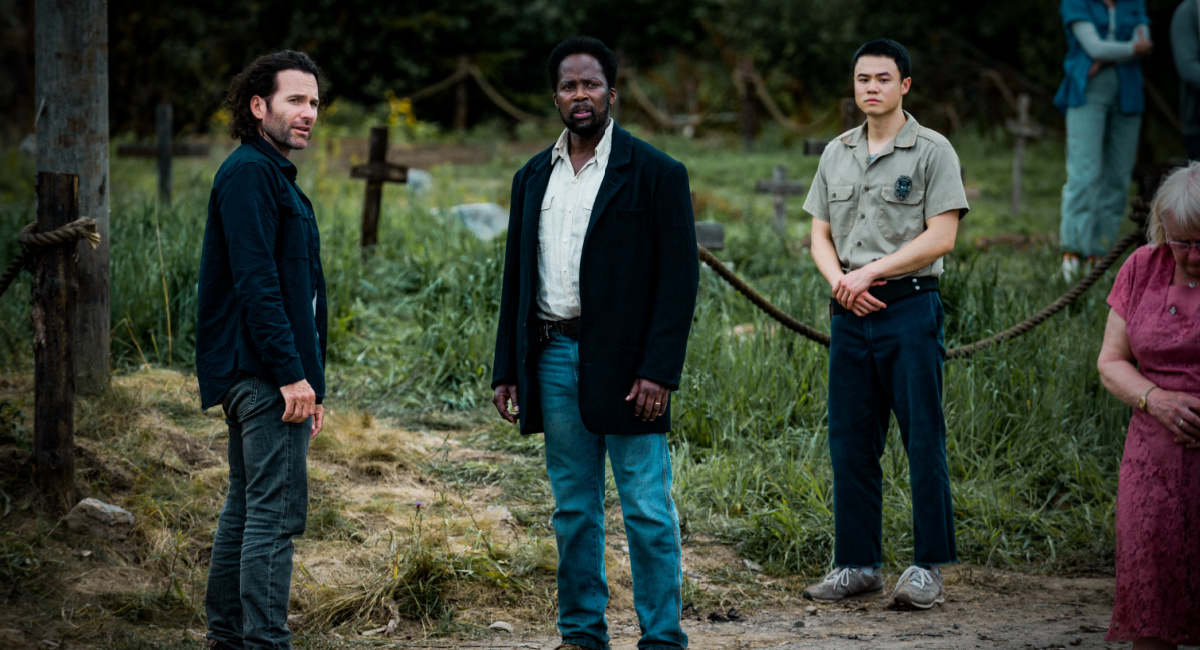
(L to R) Eion Bailey, Harold Perrineau, Ricky He on Epix's 'From.'

